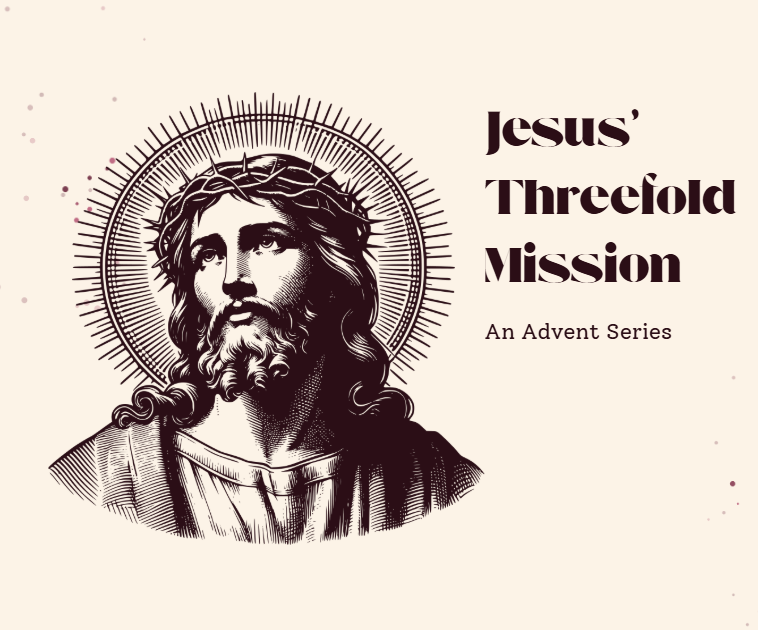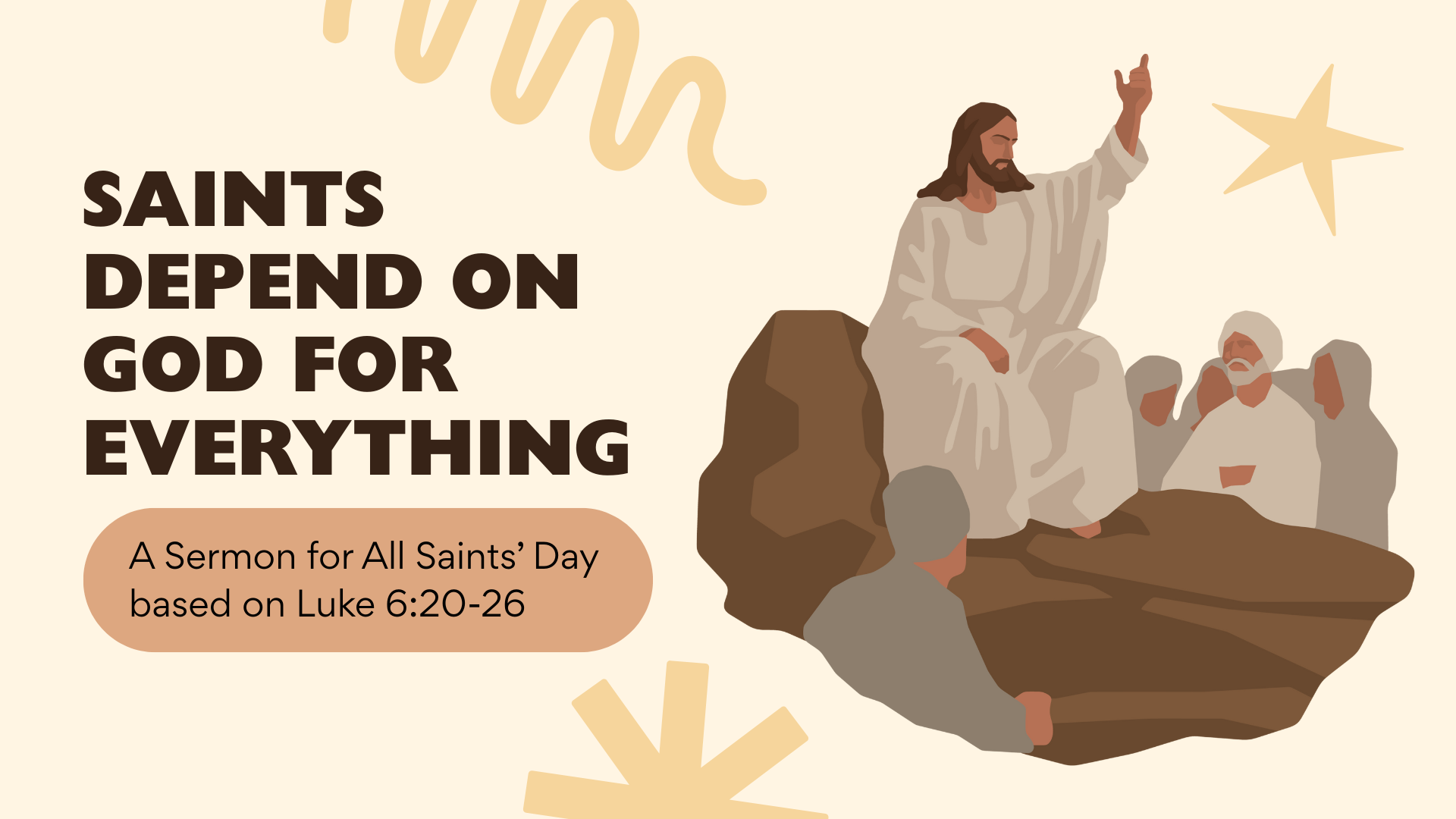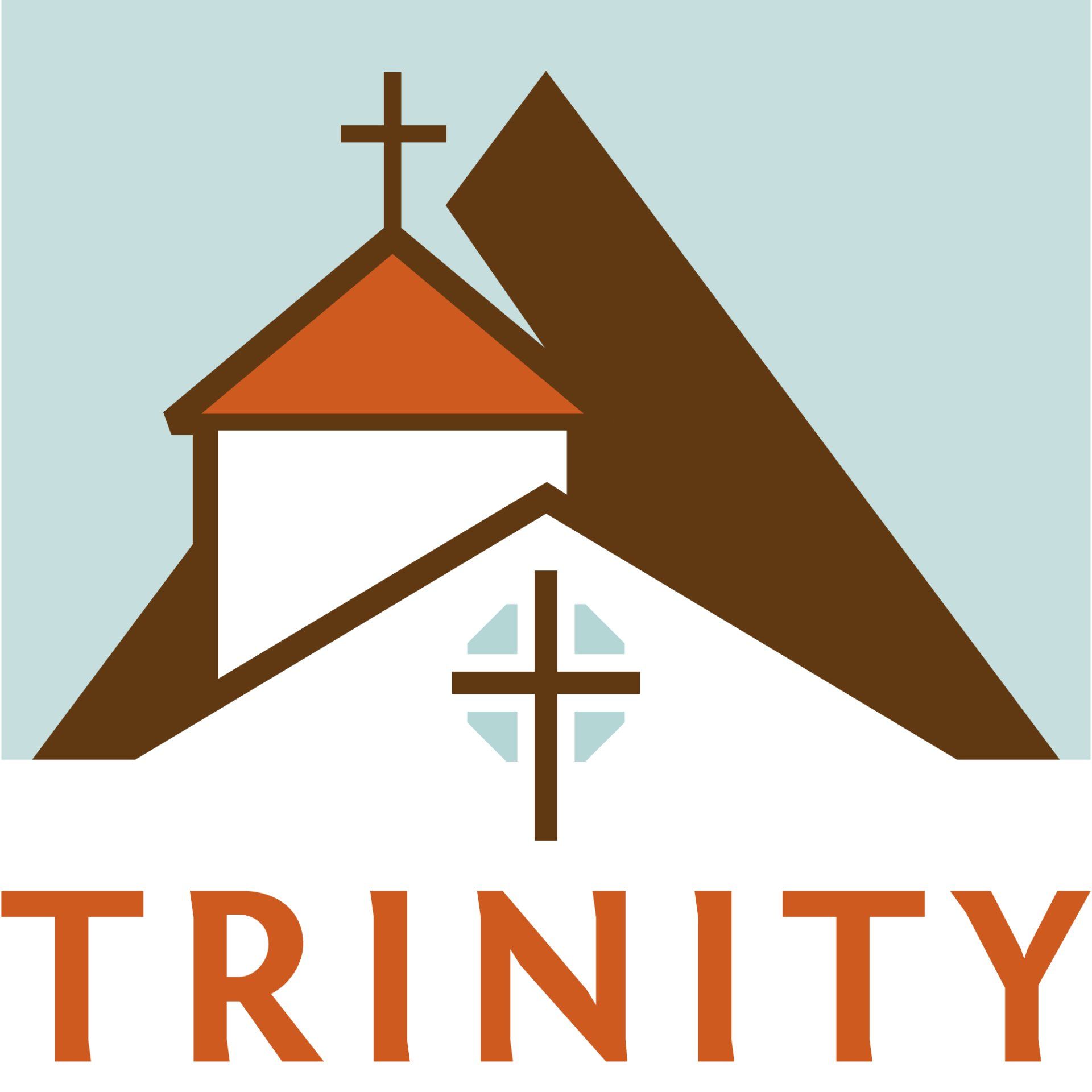Acts 6 + 7

HOW TO USE: This blog is written to serve as the basis for discussion. Find a partner or group to read through it together! Take turns answering the questions and listening to each other’s answers. Comment, email, or share your insights from your discussion with us!
Life is like a windy country road which constantly takes turns in directions you would never expect. You have figured out by now that life requires you to be flexible to meet new challenges, great and small. It is no different in the life of a congregation of believers. In these chapters of Acts, you’ll read about new and unforeseen challenges to the early Christians: one that seems insignificant, and one that seems terrifying and drastic. They both fall under the same umbrella: we rely on Jesus Christ, the Lord of the church, and the Savior we believe in and share, to give us strength to meet challenges great and small.
Read Acts 6:1-7
“Hellenistic” means these Jews spoke Greek as opposed to Aramaic or Hebrew. Many who fit into this group were not Jewish by birth, but converted to believing the Bible’s teachings later on. The Hebraic Jews would have been those steeped in Hebrew culture and tradition as well as the Hebrew Scriptures. Notice that the group of believers are still technically “Jews” so far. Followers of Christ would not be called “Christians” until later on (see Acts 11:26). Using this term at this point to describe believers does not mean that they didn’t accept Jesus as the Messiah, but that they cherished the Old Testament Scriptures and understood that they pointed ahead to Jesus’ work.
Separation between Non-Jewish and Jewish social groups was expected up until this point. The way the gospel of Jesus brought people of all cultures together was beautiful, but much like today it often produces awkwardness. At worst, differences among God’s people give occasion to our sinful nature to treat others poorly or unfairly simply because of their background.
- How did that awkwardness (or possibly sinful attitude) show itself among the early Christians here?
- How do we defend against the temptation to think less of people who are different?
- What wise thought-process led the apostles to delegate handling the problem to others?
- What principles should our congregations follow for…
o Identifying similar problems (WHAT)
o Figuring out what needs to be done (HOW
o Delegating the right people to solve it (WHO) ?
Read Acts 6:8-15
The narrative of Acts now turns to a man named Stephen, because what happens to him and through him will dramatically change the trajectory of the early Christian church.
- How does Stephen exhibit the same virtues and sufferings we’ve observed in the other apostles so far in Acts?
- What is the charge his opponents bring against him? Keep this in mind as you read and/or skim Chapter 7
Read Acts 7:1-53. Skim it quickly or read it in depth, whichever you have time for.
TL;DR – Stephen eloquently explains important hallmarks of Old Testament history to show that Moses was a servant of God, but not the Messiah. When the actual Messiah came (as the fulfillment of Old Testament promise), these “pious” religious folks rejected him, thereby rejecting God, and their own salvation.
Read Acts 7:54-8:1
Killing Stephen by stoning was a drastic reaction to his preaching, but shows the group’s stubbornness to repent and accept his strong admonitions not to keep rejecting God’s goodness. Notice the presence of the Trinity (Father, Son, Holy Spirit) all in verse 55.
How did the Trinity provide the strength for Stephen to face a painful death?
- What painful or stressful event is coming up on your calendar in which it will be important to remember that the Triune God will be with you to give you strength?
- What else do you notice about how Stephen met his martyrdom? What attitudes does he model that we should strive to imitate?
- Saul was present at the killing of Stephen, but later on becomes an apostle himself, preaching the same Savior that Stephen did. What hope is there for even the most stubborn and persistent sinner?
God bless your discussion and meditation
Pastor Mike Cherney







